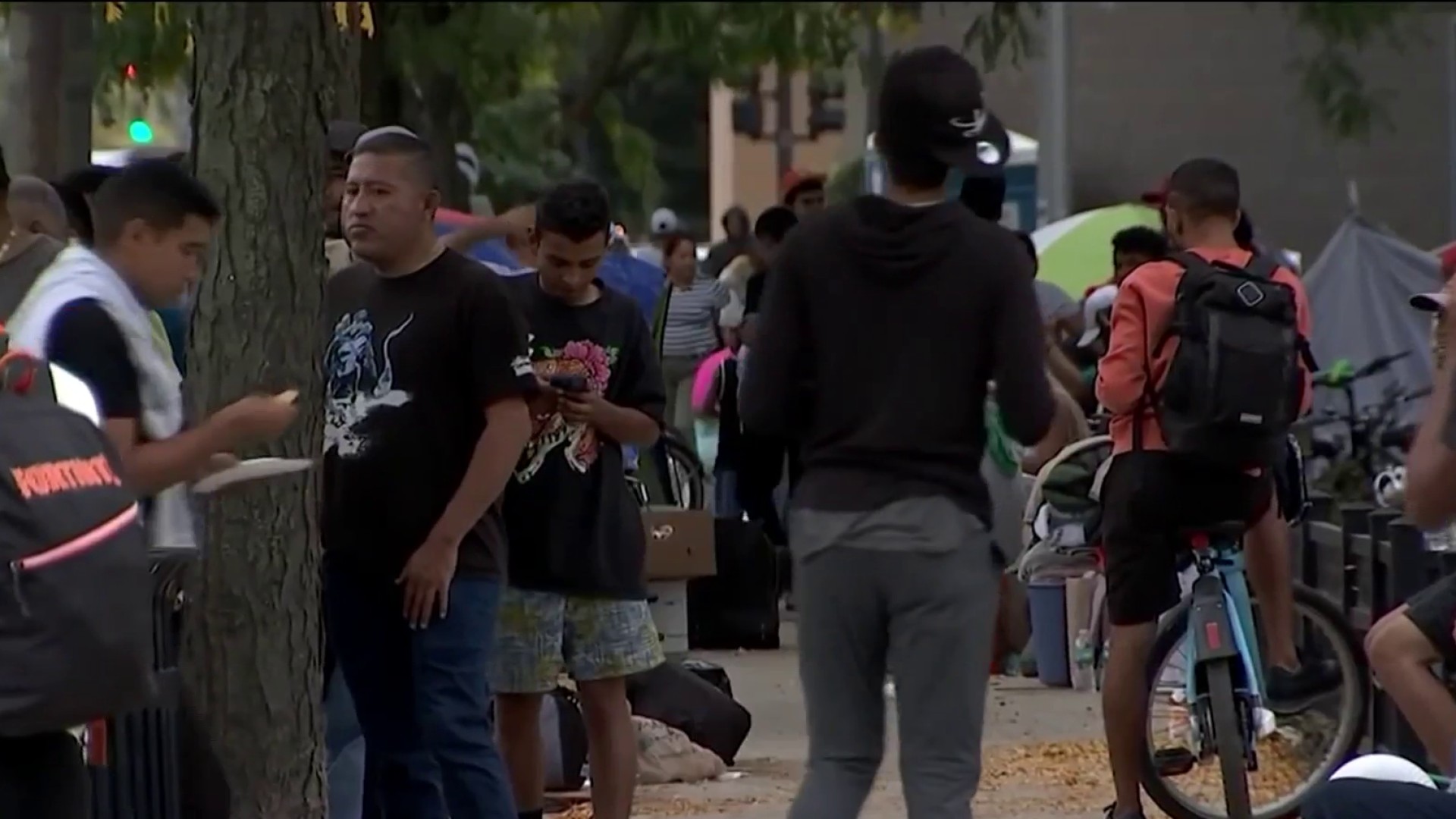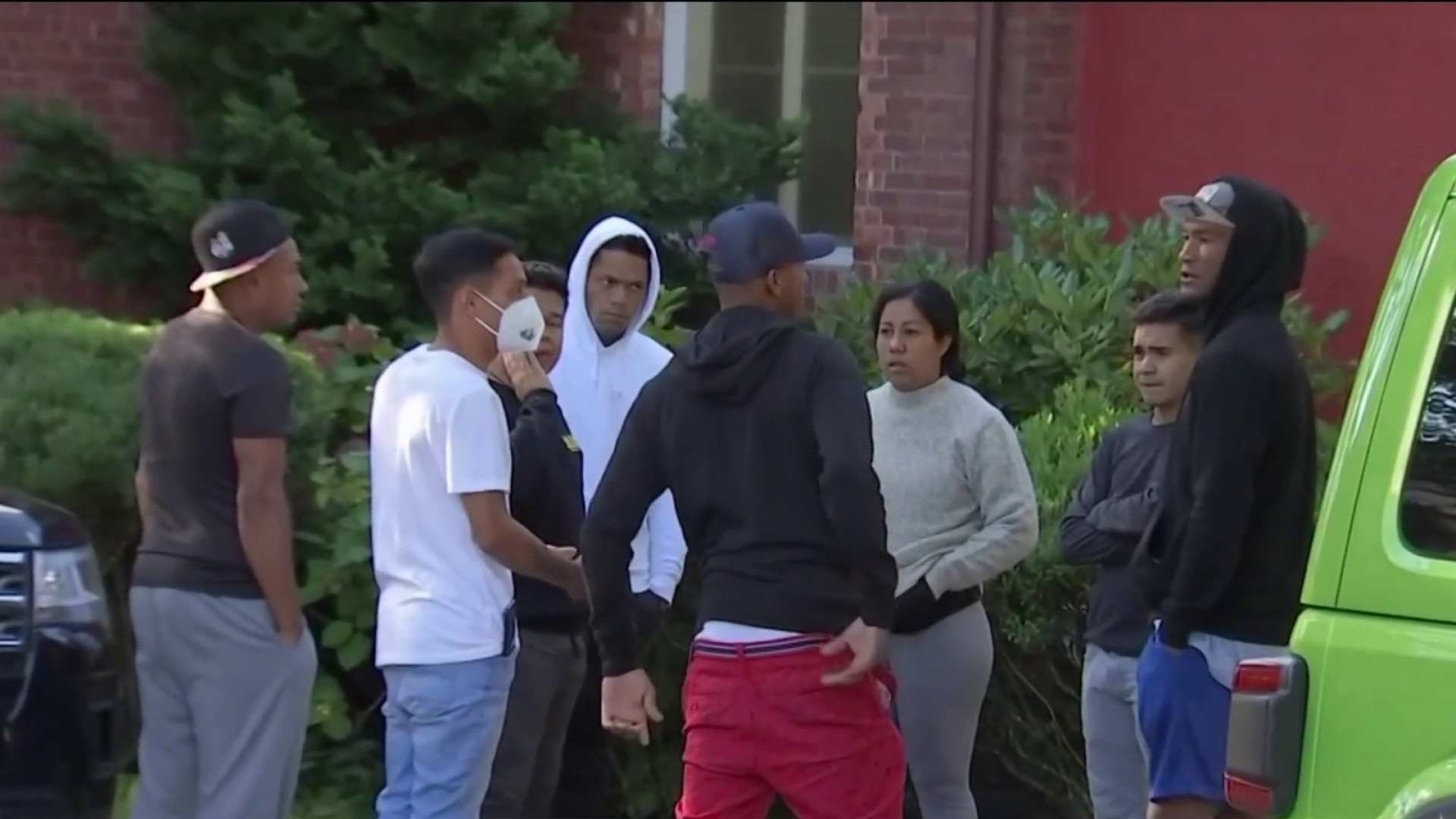Massachusetts announced changes in the applications for emergency assistance as the state's shelter system will reach its limit soon.
"The Incident Command Team has been hard at work over the past few weeks preparing for this new phase of our emergency family shelter system and keeping in close communication with our partners," said Emergency Assistance director Lt. General Scott Rice. "We are implementing some key changes this week that will help our team assess families for eligibility and prepare to launch a waitlist when we reach our limit of 7,500 families."
WATCH ANYTIME FOR FREE
>Stream NBC10 Boston news for free, 24/7, wherever you are. |
When the limit of 7,500 families is reached, a waitlist will be established for eligible families. There are 7,319 families in emergency shelter.
Other changes to the emergency shelter system will be effective Nov. 1, including:
Get updates on what's happening in Boston to your inbox. Sign up for our >News Headlines newsletter.
- Families will be screened for Emergency Assistance eligibility (EA), which includes completing the EA application, verifying identity, verifying familial relationship, checking electronic databases, and gathering all available documentation.
- If eligible, they will complete a Clinical and Safety Risk pre-screen questionnaire to self-report immediate clinical and/or safety risk concerns that may necessitate priority for placement.
- Families will then have to complete a full medical assessment to establish prioritization.
- As families exit the shelter system, new families will enter vacated units. If there is no capacity on a given day, families will be placed on a waitlist and notified when a unit becomes available.
- When a unit opens for a family on the waitlist, they will be contacted via phone, email and text.
- Families placed on the waitlist will receive information about other resources available to them, translated into several languages.
The Allston Family Welcome Center will continue to assist families with applying for public benefits through the Department of Transitional Assistance.
Also Monday, Gov. Maura Healey said Massachusetts will be hosting a work authorization clinic for migrants staying in emergency family shelter during the week of Nov. 13.
Healey said the state will be organizing appointments and providing transportation from shelter sites to the clinic. The appointments will take place in Middlesex County.
"This clinic will be critical for building on the work that our administration has already been leading to connect more migrants with work opportunities," Healey noted in part in a release Monday.
The governor said her administration is teaming up with the U.S. Department of Homeland Security to host the clinic. They will help collect and process work authorizations.
"Many shelter residents want to work but face significant barriers to getting their work authorizations," said Healey.
The goal of the clinic, she said, is to give migrant families all the support they need to move out of emergency shelters and into more stable housing options. To do that, she said her administration is building on the several programs currently operated by the state.
Some of those programs, Healey said, include the Commonwealth Corporation Foundation — which connects businesses to people living in shelters still waiting for their work authorization, but want to "gain on-the-job" training — and Resettlement Agencies Services, which focuses on helping new arrivals immediately apply for work authorization.
Earlier this month, Healey warned that Massachusetts' shelter system was expected to reach its capacity at the end of the month, saying that the state "does not have enough space, service providers or funds to safely expand beyond 7,500 families."
Healey said on Oct. 16 that "unprecedented demand on the family shelter system" continues to be driven by people new to the country. Families with high needs, like health and safety concerns, will get higher priority.



